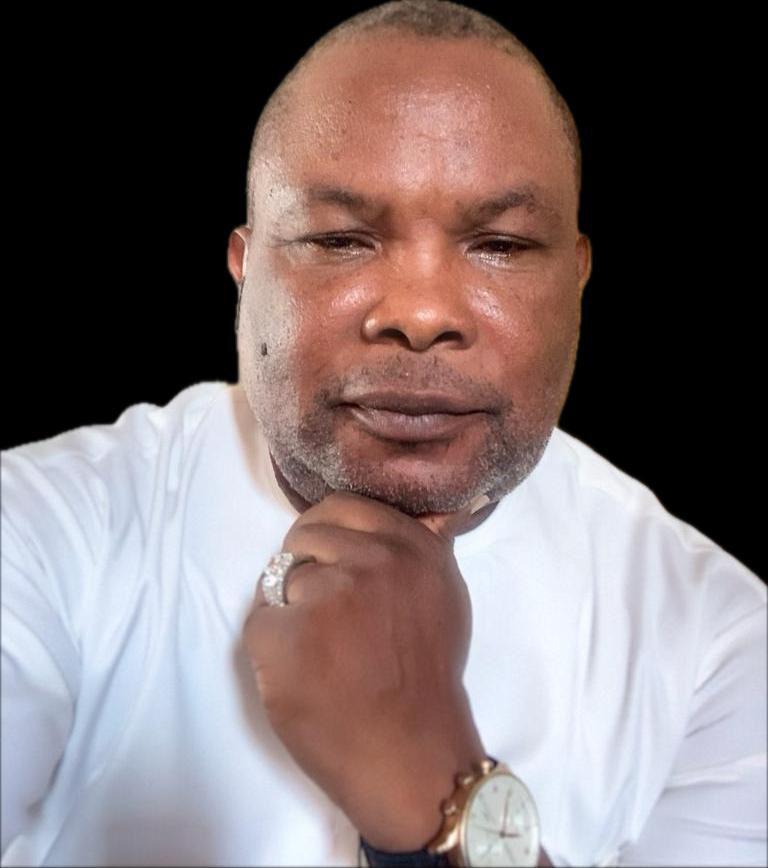Otaloro
By; Steve Otaloro
The recent exodus of legislators from the opposition to the ruling All Progressives Congress (APC) in Ondo State has provoked an array of hand-wringing commentaries ,most notably from the Coalition of All Civil Society Organisations in Ondo State (CACSOD). Yet beneath the clamour and the moralising rhetoric lies a more prosaic and persuasive truth: these defections are not a betrayal of democracy but an emphatic endorsement of performance-driven governance led by Governor Lucky Aiyedatiwa.
At the heart of the matter are legislative members who have exercised the very agency that is fundamental to representative democracy. Their decisions, judged by the evidence on the ground and the tenor of public sentiment, appear to be rooted in conviction rather than caprice. They are lawmakers who reckon that aligning with the party currently delivering palpable democracy dividends to communities will better enable them to fulfil their mandates.
CACSOD’s portrayal of a single-party assembly as the “death of democracy” is an overwrought metaphor that elides the operative realities of governance. Democracy is not a fetishistic attachment to opposition for opposition’s sake; it is a living contract between the rulers and the ruled, sustained by accountability, responsiveness and tangible outcomes. Where opposition parties fail to provide coherent programmes, maintain internal cohesion, or inspire confidence among their own representatives, members are naturally drawn to platforms that offer prospect and potency. To consign legislators to the rigidities of party labels when those labels no longer serve the public interest is to subordinate effectual governance to procedural nostalgia.
Why have these legislators turned toward the APC? The reasons are manifold and compelling. At the state level, Governor Lucky Aiyedatiwa’s administration has demonstrated a practical proclivity for infrastructural investments, targeted social interventions, and policy measures that translate into improved livelihoods. For legislators who daily encounter the needs of their constituencies, proximity to a governing apparatus capable of delivering roads, health services and educational enhancements is not mere political expediency; it is an instrument to expedite responsiveness and amplify impact.
On the national plane, President Bola Ahmed Tinubu’s policy orientation framed around fiscal reforms and economic revitalisation has rekindled confidence among stakeholders who seek alignment with an administration intent on macroeconomic stability and renewed growth. The confluence of competent state-level stewardship and energetic federal policy-making constitutes a persuasive magnet for lawmakers desirous of being constructive partners in governance.
It is worth underscoring that the modern polity is fluid and adaptive. Political affiliation is, at its healthiest, a means to an end: service to the electorate. When the means no longer conduce to that end, recalibration becomes not only understandable but laudable. The defectors’ choices therefore should be read as an affirmation of practical patriotism an attempt to position themselves where they can most effectively advance the welfare of their constituencies.
The APC’s reception of the newcomers has been cordial and purposive. On behalf of the state leadership, Governor Lucky Aiyedatiwa and State Chairman Engr. Ade Adetimehin the party has extended an unequivocal welcome to the House of Assembly Minority Leader Hon. Olajide Oguntodu and Hon. Oluwatoyin Daodu among others who have earlier defected. This welcome is not performative. New entrants are being invited to see themselves as integral contributors rather than marginal addenda: not “new” members, but colleagues poised to make an immediate and lasting impact. The party has pledged equitable treatment, mentorship, and unimpeded opportunities for advancement to those who demonstrate competence, integrity and a commitment to public service.
To civil society commentators who castigate these movements as opportunistic, a note of counsel: apply vigilance without succumbing to hyperbole. The duty of civic actors is to hold power to account, to insist upon transparency and to champion institutional robustness. But that legitimate scrutiny should not be conflated with reflexive condemnation of political realignment when such realignments are motivated by governance considerations. Rather than inveigh against defections, opposition parties should undertake introspective renewal: reconcile internal fissures, articulate clear policy alternatives, and restore confidence among their members and the electorate.
Ultimately, the litmus test for any political development is practical: does it improve the collective lot of the people? If the newly consolidated majority in the Ondo State House of Assembly translates into more effective collaboration between legislative and executive arms yielding better policy formulation, swifter project delivery and enhanced oversight of public resources then the people will be the adjudicators of success.
Politics, in its most salutary form, should be judged by outcomes. The recent realignments in Ondo State reflect a pragmatic alignment with an administration that is demonstrably committed to delivering results. For those who place service above symbolism, the recalibration is not a rupture but a reinforcement of democratic purpose.
Steve Otaloro is a chieftain of the All Progressives Congress (APC) and currently serves as the Director of Media & Publicity for the APC in Ondo State. He can be contacted via steveoomania@gmail.com





